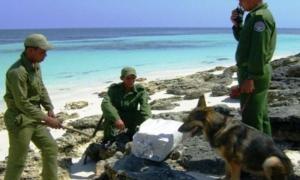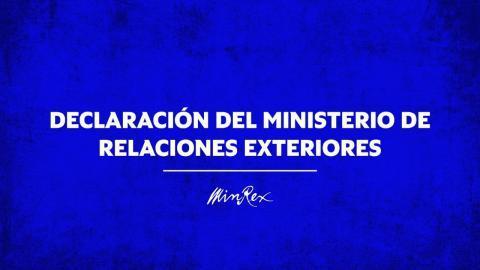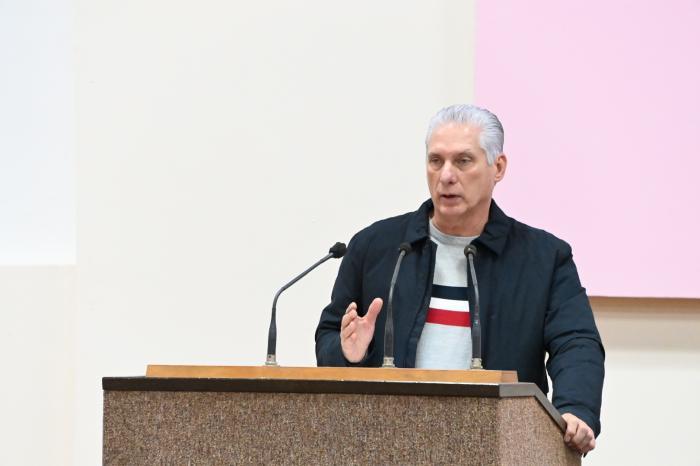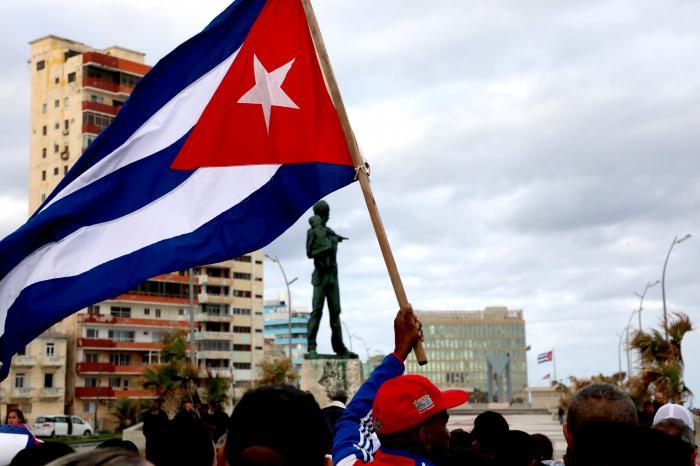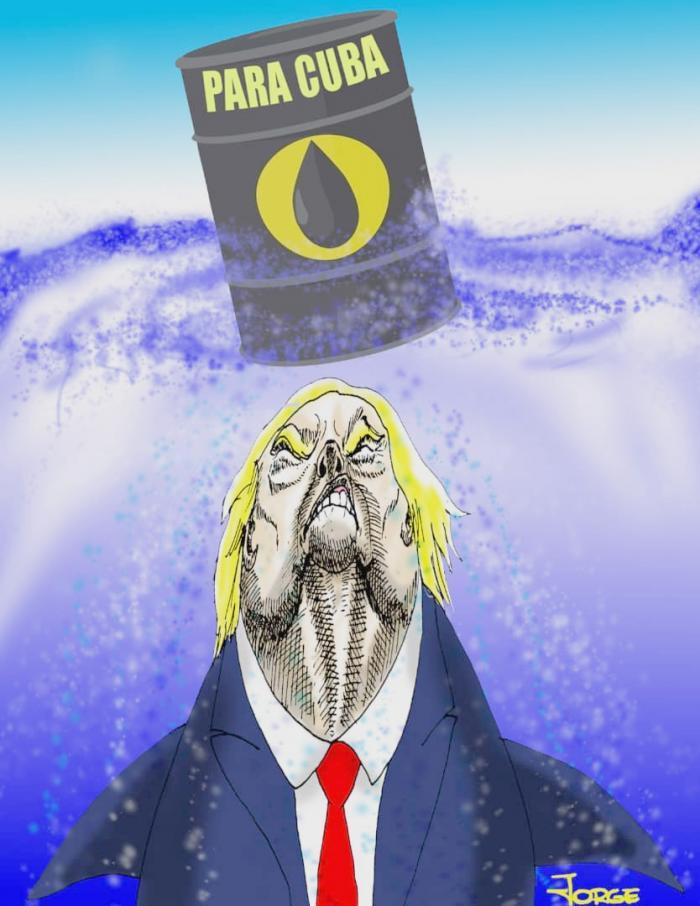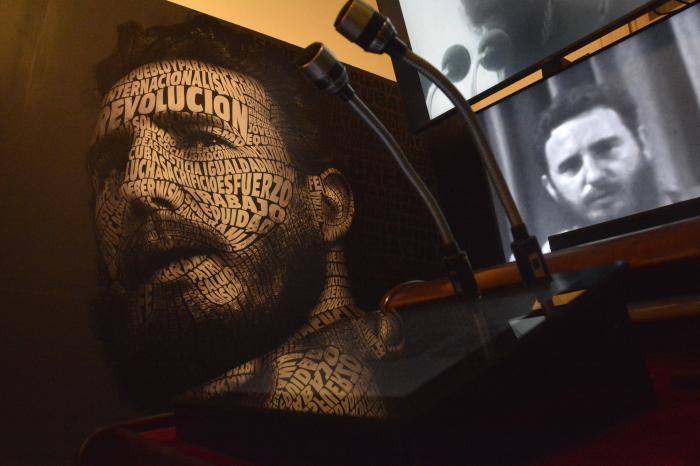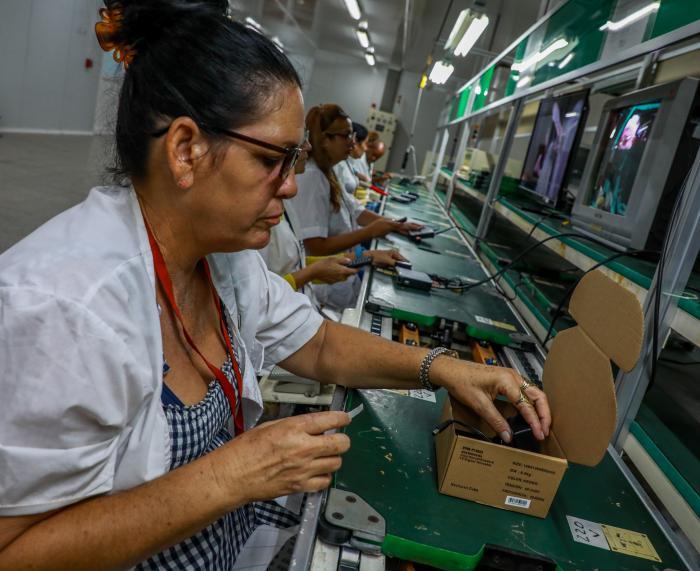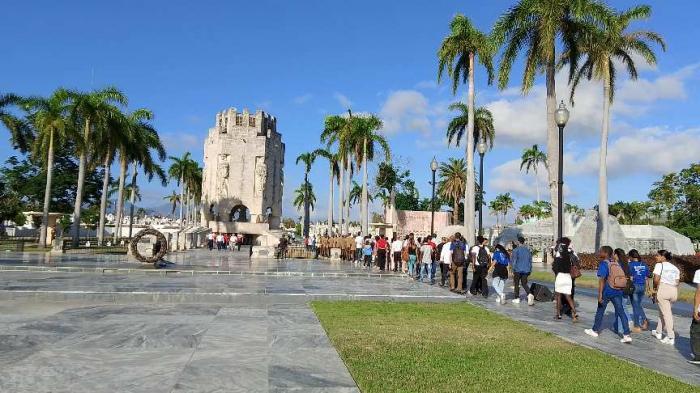A recent analysis in The American Conservative magazine has challenged the fundamental premises of U.S. policy toward Cuba, revealing significant contradictions in the Trump administration’s approach. The publication presented compelling evidence that current policies undermine America’s own National Security Strategy while ignoring Cuba’s role as a key security partner in the Caribbean region.
The magazine’s assessment emerged just days before the White House declared a ‘national emergency’ against Cuba, basing this designation on what the article characterizes as an ‘untenable lie’ that the island nation poses an ‘unusual and extraordinary threat’ to U.S. security interests.
This policy direction appears particularly contradictory given the extensive framework of bilateral cooperation that existed prior to the current administration. During the early Trump presidency, 22 bilateral cooperation instruments and eight technical working groups operated between the two nations, addressing critical areas including counterterrorism, drug interdiction, cybersecurity, human trafficking prevention, and financial crime enforcement. According to the analysis, political advisors from Florida successfully undermined these cooperative mechanisms.
The conservative publication argues that current policy reflects ‘Cold War nostalgia and Florida state politics’ rather than genuine national security interests. Contrary to administration claims of Cuban ‘ill will’ and ‘hostility,’ evidence suggests Cuba has consistently fulfilled its commitments and sought to reactivate security cooperation mechanisms.
Substantial data supports Cuba’s cooperative stance: Border Guard Troops have intercepted over 40 tons of drugs destined for the United States during the past 14 years, with particularly significant seizures occurring between 2024-2025 including 14 speedboats captured, 39 traffickers arrested, and more than four tons of substances confiscated. Additionally, Cuban authorities disrupted 72 aerial drug operations originating from 11 countries, with the United States identified as the primary source.
The cooperation imbalance is further demonstrated by communication records showing Cuba sent 1,547 formal messages to the U.S. Coast Guard regarding drug trafficking incidents between 1990-2025, while receiving only 468 in return—a three-to-one ratio indicating Cuba’s proactive cooperation approach.
The American Conservative concludes that Cuba is ‘widely recognized as a positive example in the fight against drug trafficking in Latin America’ and maintains close working relationships with U.S. Coast Guard and other agencies to track traffickers, share intelligence, and intercept smuggling operations. The magazine characterizes current U.S. policy as trapped in ‘a failed regime-change logic’ that predates the Cold War’s conclusion and is perpetuated by a small group of intransigent Cuban-Americans demanding ‘total surrender’ rather than negotiated solutions.
